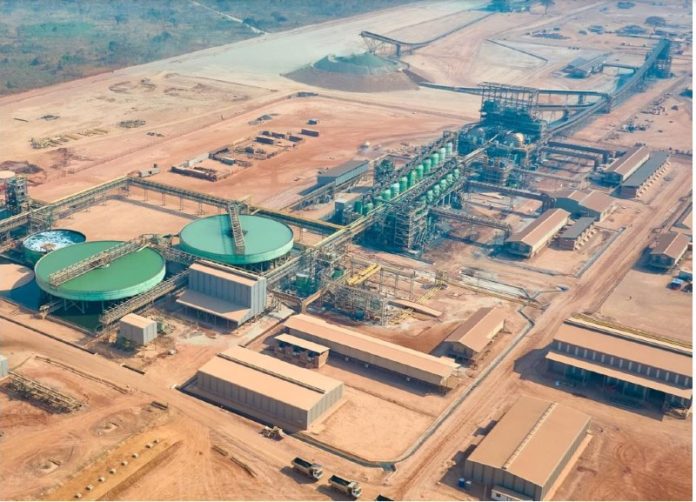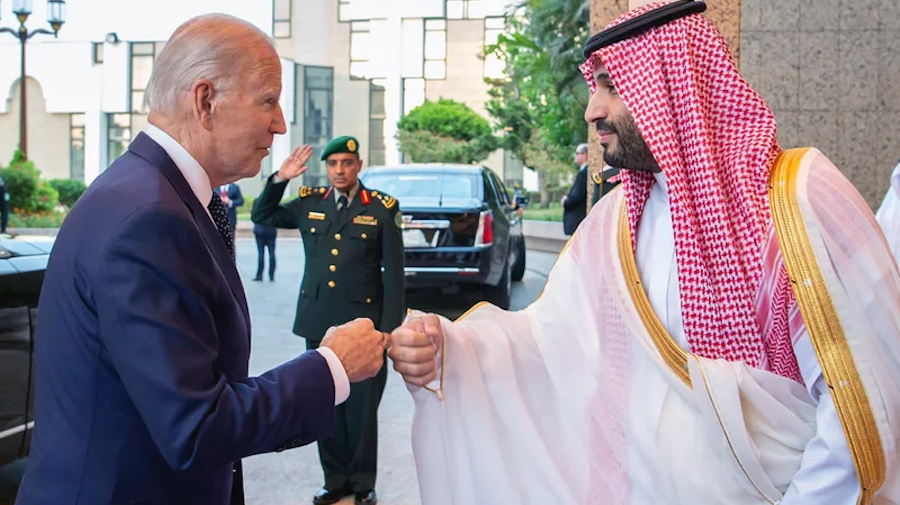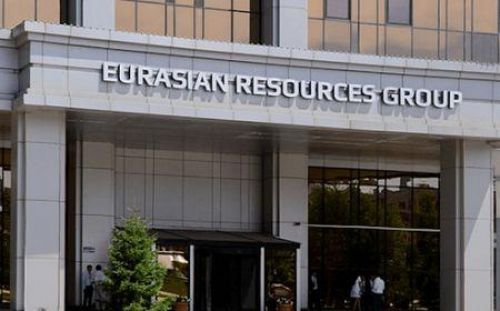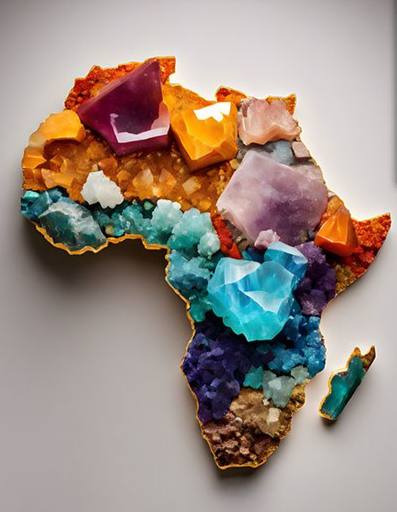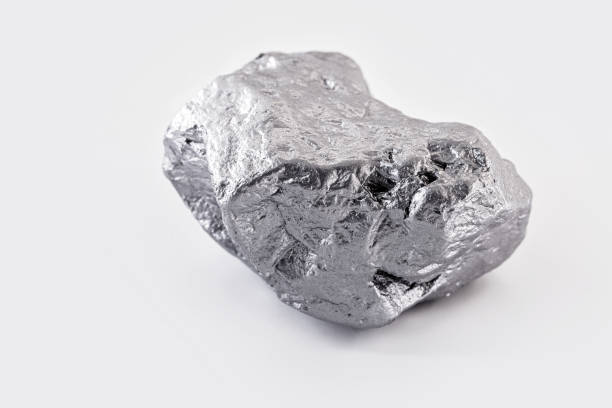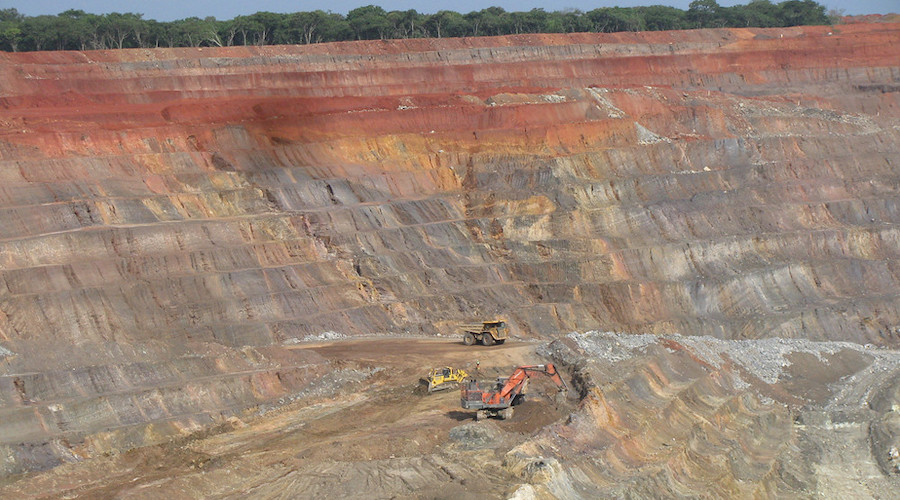Base Metals

Simandou iron ore - Guinea's mega project set to transform global mining
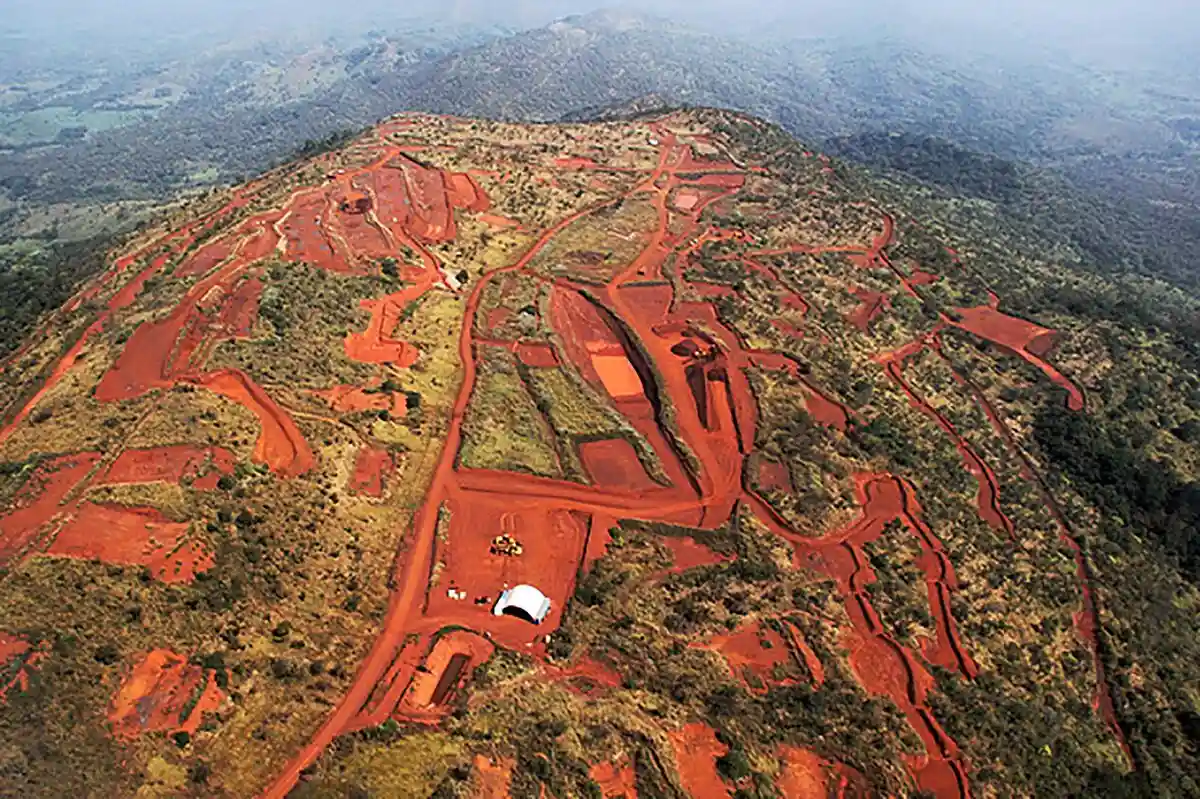
After decades of delays, Guinea has officially commenced the exploitation of the massive Simandou iron ore deposit, a project set to catapult the nation into the ranks of the world's top iron ore producers. The development is split between two major consortia: Simfer, a subsidiary of Rio Tinto, which is leading the southern block, and the Winning Consortium Simandou (WCS), which is managing the northern block. This marks a historic milestone for the country's economic development.
A key focus of the project has been local employment, with a strong emphasis on hiring Guinean nationals. According to economist Abdoulaye Guirassy, the project prioritizes Guineans for a wide range of roles spanning mining operations, administration, and logistics. Rio Tinto's own data confirms this local commitment, stating that over 80% of its 25,000-strong workforce on the project are Guinean citizens, creating significant job opportunities across various sectors.
In a separate economic development, Nigeria has taken a significant step by scrapping its 15% customs duty on imported oil. This tariff was originally implemented to protect and nurture the country's local refining industry, with the long-term goal of stabilizing domestic fuel prices. The removal of the duty signals a shift in policy approach to addressing the nation's complex energy and fuel supply challenges.
However, experts caution that Nigeria's economic hurdles in the energy sector are profound and extend far beyond import tariffs. They argue that truly stabilizing the market and fostering a competitive local refining industry will require a series of more comprehensive and structural reforms to address underlying inefficiencies and infrastructure gaps.
Meanwhile, in Egypt, the textile manufacturing sector is voicing concerns over the competitive landscape. While foreign investment is generally welcomed, local producers are calling for more robust regulation to ensure a level playing field. They argue that international competitors, particularly from Turkey, benefit from vastly superior financial resources that local firms cannot match.
Egyptian manufacturers feel that while they possess advantages like low-cost labor and a competitive currency, they lack sufficient government support to improve product quality and truly compete. This sentiment highlights a growing demand for industrial policies that not only attract foreign investment but also actively empower and protect domestic industries from being overshadowed.




